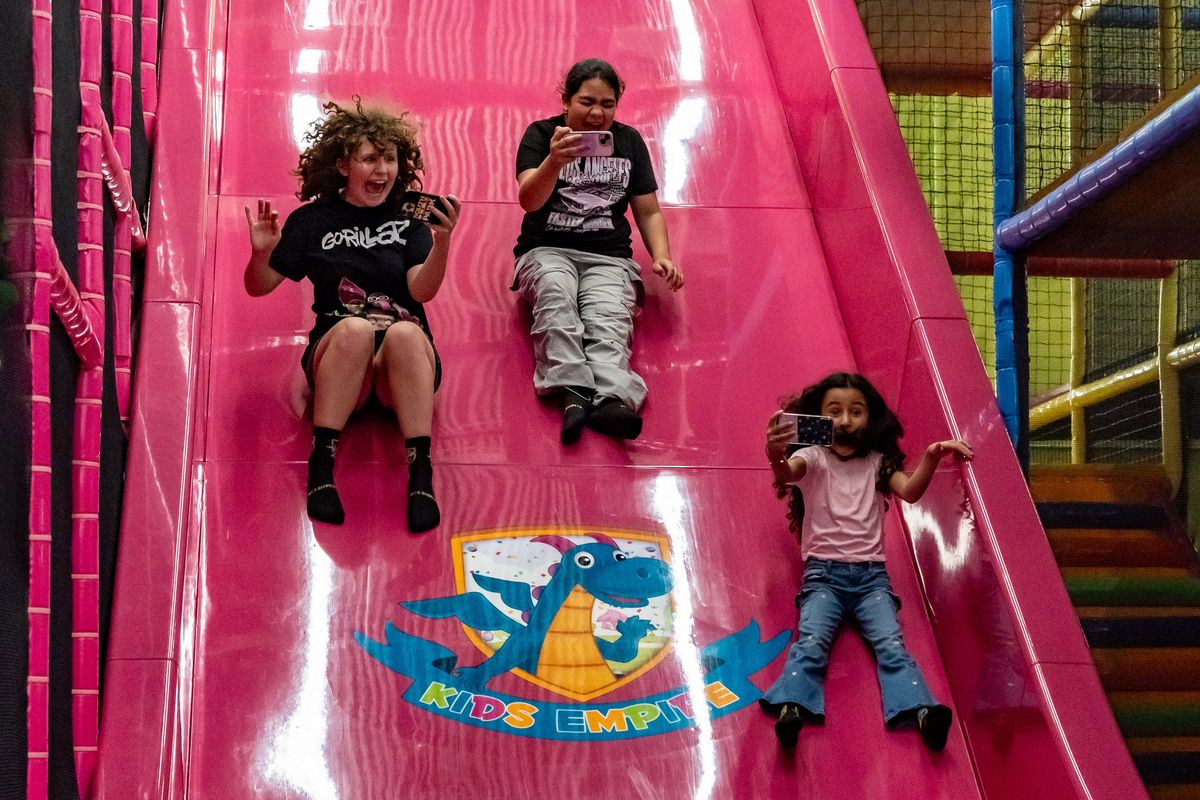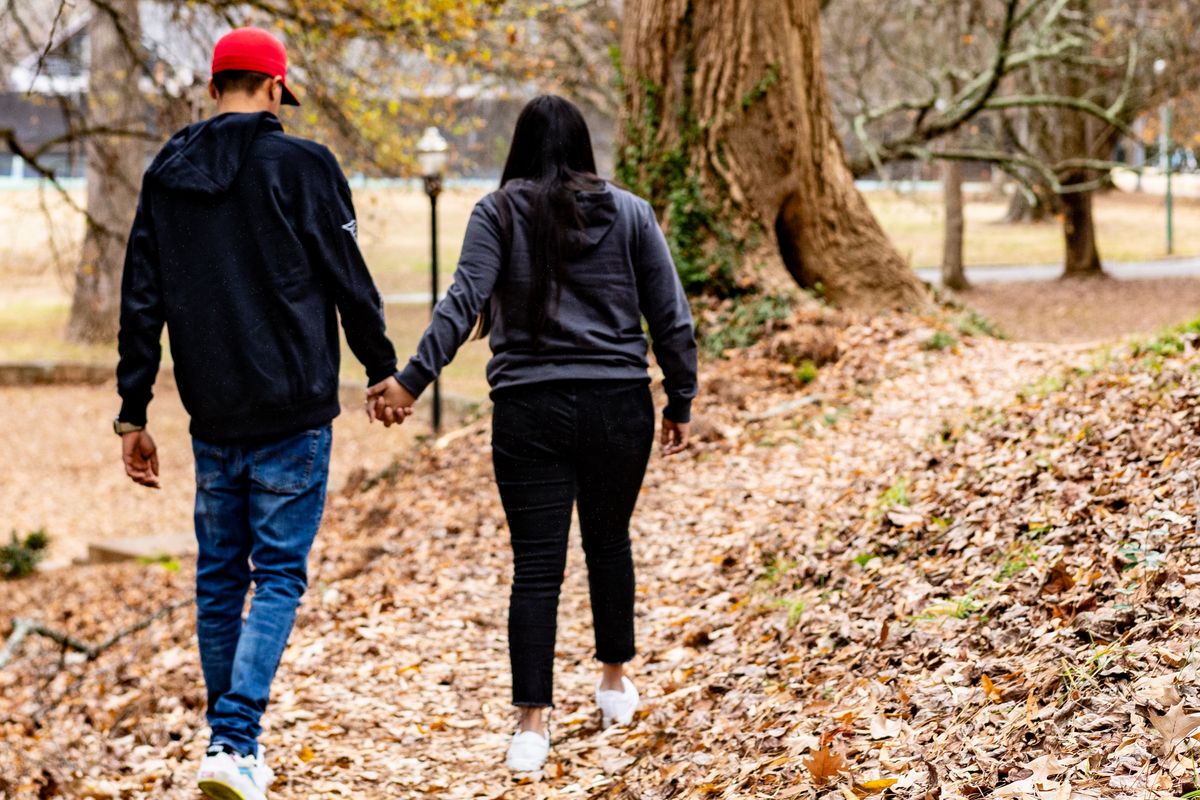A religious group wants everyone to try on a pair of white privilege glasses.
White privilege isn't always an easy concept to explain to someone who's lived with it their whole life.
Tim Wise, an author and antiracism educator, explains white privilege as "any advantage, opportunity, benefit, head start, or general protection from negative societal mistreatment, which persons deemed white will typically enjoy, but which others will generally not enjoy."
But what exactly does that mean? How does it work?
What if explaining white privilege were as simple as showing someone what it's like to live without it?
Chicago Theological Seminary, which is affiliated with the United Church of Christ but educates future ministry leaders in 40 different faiths, wanted to find an easy way to explain white privilege. Their idea? White privilege glasses.
Yes, you read that right. Magical glasses, if you will.
Photo via Chicago Theological Seminary, used with permission.
What if folks who are accustomed to living with privilege could put on a pair of glasses that showed them life without it — in real time?
So when someone says, "Yeah, I'm not really sure about this white privilege thing..."
GIFs via Chicago Theological Seminary/YouTube.
...we could just whip out a pair of glasses!
Glasses that would show people how different the experience of simply walking down the street can be for a person of color.
And how seemingly innocuous signs can mean something entirely different.
Glasses that would make ordinary grocery store trips a little more ominous.
And police encounters disconcerting — and more dangerous.
Unfortunately, it's not quite that easy to show people their privilege. But it's inspiring to see a religious organization leading the charge against systemic racism.
Alice Hunt, president of the Chicago Theological Seminary (and who's white), told Upworthy she'd like to see religious organizations lead instead of follow when it comes to the important issues we face as a society, and she considers racism the preeminent one.
"I would like to see religious organizations say, 'We have a responsibility because of our faith in God. We are called to make the world a better place,'" she said.
And her organization isn't the only faith-based group tackling the problem head on.
Image by Phil Roeder/Flickr.
For example, the Evangelical Lutheran Church in America has been making an effort to recognize and confront racism, including systemic issues such as inequality in the criminal justice system.
This particular religious organization is the second-least diverse one in the country, according to recent Pew research, with 96% of its congregation being made up with white folks. And that makes the conversation particularly important.
Imagine the ripple effect if all religious organizations would engage in these talks with open minds — and subsequently navigate the world differently.
The first step toward change, Hunt says, is being willing to have these difficult conversations.
She also maintains that the responsibility to talk about privilege and racism lies with white people, not people of color, because we have the power to change it. Her organization created the white privilege glasses video, she explained, for white people who are unaware — because they've never had a reason or opportunity to be aware — to have their eyes opened.
And she dropped some cold, hard truth: "The only people who have the opportunity to think that racism doesn’t exist are white people," she stated simply.
The great news is that every single one of us can do something as individuals, and it starts by seeing our privilege for what it is. We may not have special glasses that do it for us, but that doesn't mean we can't learn to open our eyes a little wider.
You can watch the full white privilege glasses video here. It's short, but it delivers a strong, important lesson.


 Sandra’s granddaughter, E’s daughter, and another friend at an indoor park (July 2025)
Sandra’s granddaughter, E’s daughter, and another friend at an indoor park (July 2025) One of the ladies Sandra sponsored from Venezuela and her partner during Sandra’s first visit to meet her (December 2023)
One of the ladies Sandra sponsored from Venezuela and her partner during Sandra’s first visit to meet her (December 2023) A handwritten note with the words "good job!" on it
A handwritten note with the words "good job!" on it A man smiling
A man smiling A dad with his kid on his shoulders
A dad with his kid on his shoulders Im Old Tv Shows GIF by PBS SoCal
Im Old Tv Shows GIF by PBS SoCal  Kelsey Grammer as Dr. Frasier Crane in 1996By US Treasury Dept. Public Domain
Kelsey Grammer as Dr. Frasier Crane in 1996By US Treasury Dept. Public Domain Dakota Johnson Snl GIF by Saturday Night Live
Dakota Johnson Snl GIF by Saturday Night Live